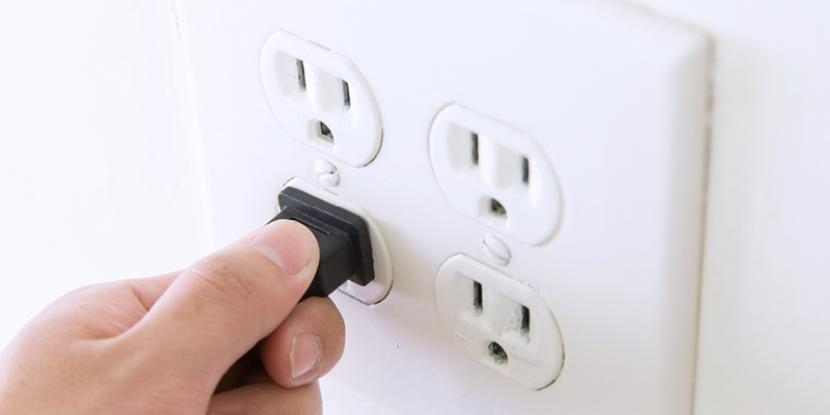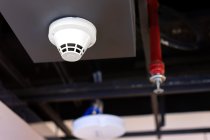AFCI vs. GFCI: All You Need to Know

August 19, 2025
AFCI vs. GFCI: All You Need to Know
The terms "AFCI" and "GFCI" may come across as just another bunch of confusing acronyms. However, they stand for devices that are integral to ensuring our safety within our homes. With electrical faults being a leading cause of residential fires, knowing the ins and outs of AFCI and GFCI can be literally life-saving. At Neighborhood Electric, we enjoy helping our clients keep their electrical systems safe with our professional services including electrical outlet replacement. Keep reading for everything you need to know about AFCI and GFCI.
Understanding Electrical Faults
An electrical fault occurs when there is an abnormal electrical current. This might result from worn-out wiring, overloaded circuits, or damaged appliances, and can potentially lead to dangerous scenarios including fires and electrical shocks. Two common types of electrical faults are arcing faults, which involve an unintentional electrical discharge, and ground faults, which occur when current travels outside its intended path to a grounded area. Recognizing and handling these faults are where AFCI and GFCI offer protection that standard outlets don’t provide.
The Essentials of a GFCI
GFCI stands for Ground Fault Circuit Interrupter. This device protects people from electric shock by constantly monitoring the electrical current flowing in a circuit. If it detects any imbalance, indicating a ground fault, it quickly interrupts the electrical flow, protecting individuals from potential electrical shocks. GFCI outlets are identifiable by their "test" and "reset" buttons, which allow for regular testing to ensure they are functioning properly. Installing GFCIs in areas with high moisture levels, like bathrooms and kitchens, is a widespread practice, substantially reducing the risks of electric shocks.
Getting to Know AFCI
On the other hand, we have AFCI or Arc Fault Circuit Interrupter. This device is designed to prevent fires by detecting potentially hazardous arcing faults. Once it perceives an abnormal arc, it interrupts the circuit, effectively preventing the start of a fire. AFCI devices are installed in your electrical panel and serve to protect entire circuits. Just like with GFCI outlets, regular testing of AFCI devices is recommended, ensuring they maintain their functionality and continue to offer protection against electrical fires caused by arcing faults.
A Look into the History of AFCI Requirements
Initially, the focus was more on protecting circuits, which led to the introduction of branch/feeder AFCIs in the late 1990s. These were mainly designed to shield the wiring from potential arc faults. As technology evolved, so did AFCIs, becoming capable of offering protection not just to the wiring but also to connected devices, a feature present in today’s combination AFCIs. AFCIs have evolved over time, with two main types being branch/feeder and combination AFCIs. The former was designed to protect the circuit’s wiring but falls short when it comes to guarding appliances and devices connected to the circuit. Combination AFCIs, on the other hand, not only protect the circuit wiring but also offer security to plugged-in devices, providing a more comprehensive safeguard against arcing faults. This is the standard in contemporary home construction, making household electrical systems safer and more secure than ever.
Modern AFCI Requirements
Today’s AFCI requirements are primarily directed towards ensuring the highest safety levels in modern homes. The National Electrical Code stipulates the areas where AFCIs should be used, which essentially covers all 15 and 20-amp circuits supplying outlets in residential spaces. This is to ensure a home is adequately protected against potential arcing faults, promoting safety and peace of mind for residents. Complying with the current regulations not only keeps your home safe but also ensures it meets the necessary legal standards.
Do You Need a Qualified Electrician for Your Next Electrical Repair Service?
Are you worried about your outdated electrical system? Whether you need to add a few extra outlets or need a complete wiring upgrade, the team at Neighborhood Electric is ready to help. Our knowledgeable, experienced team adheres to the latest safety standards, helping you meet the current AFCI and GFCI requirements with ease. Contact our office for more details or to schedule your next outlet replacement or electrical repair service with a dependable electrician in your neighborhood.








